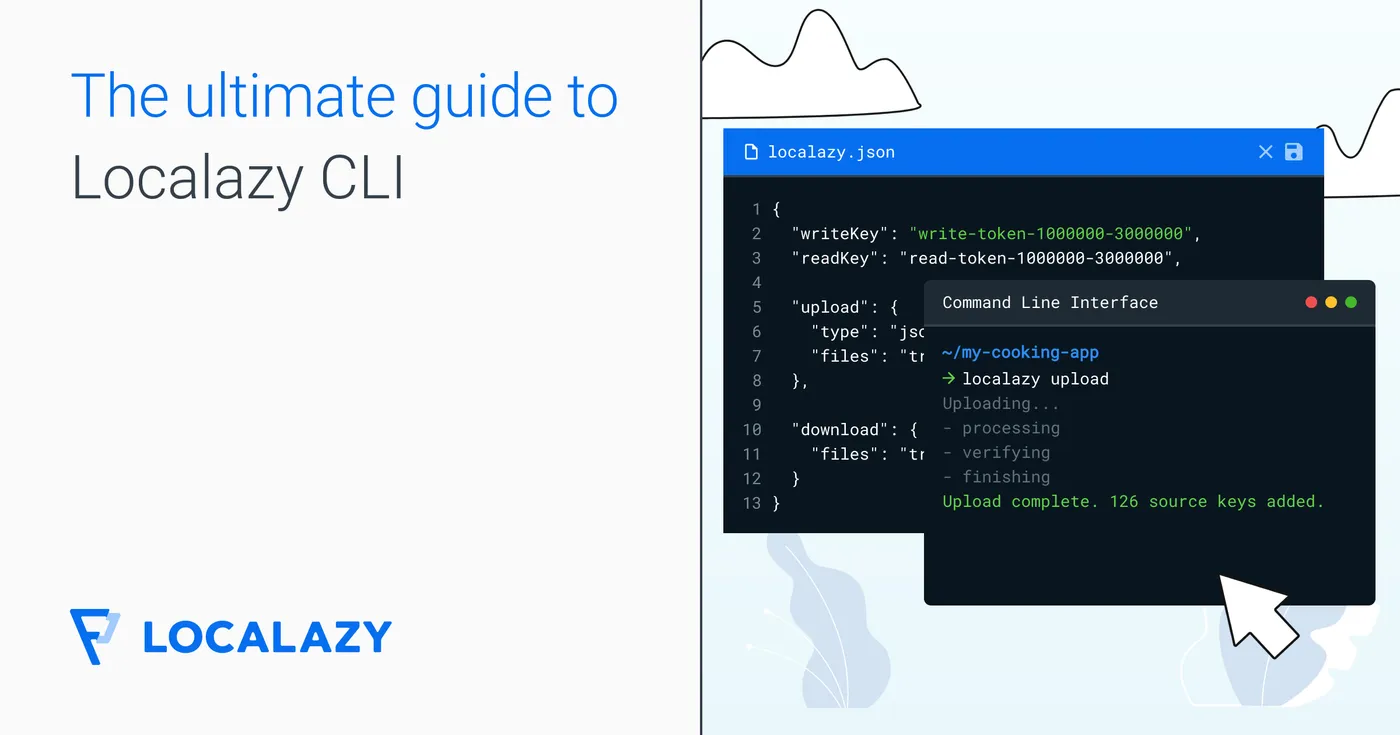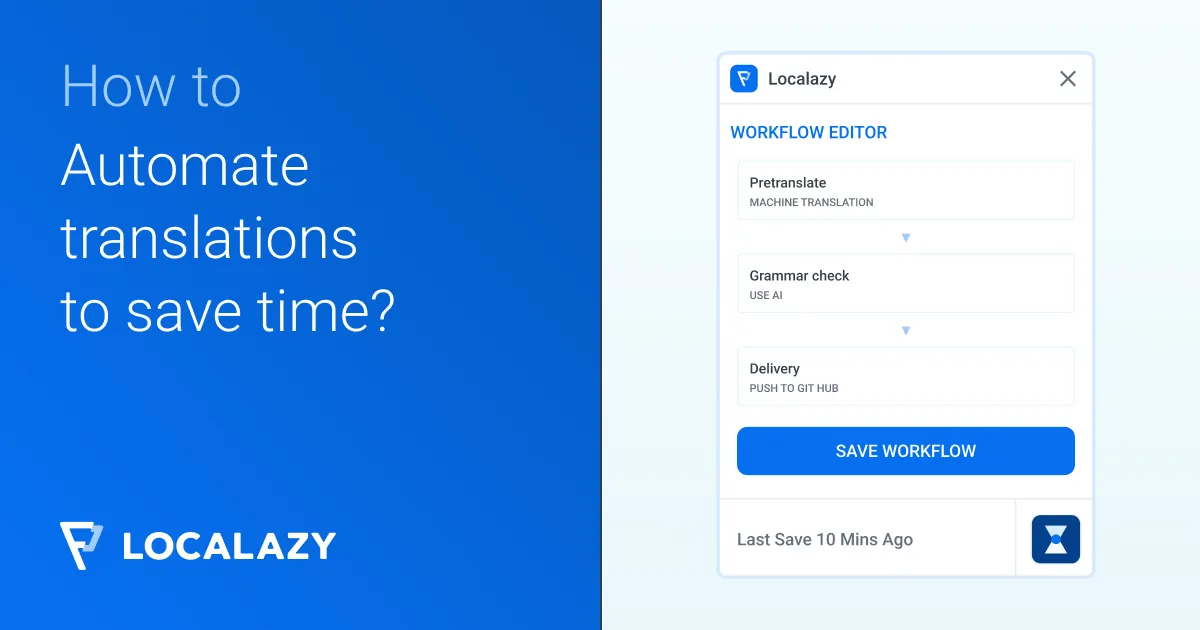Java Properties files are supported and with Localazy, it’s possible to use also plurals and arrays for more comfortable and accurate translations.
Encoding #️⃣
The default encoding is UTF-8 which is a new standard from Java 9.
You can switch to ISO-8859-1 (Latin 1) encoding by adding latin1 to features in the upload section.
If you need BOM (byte order mark) to be exported in the output file, please add add_bom to features in the upload section.
Arrays #️⃣
Arrays are good but beware changing number of items to prevent mismatching translations. If your files contain incomplete arrays, don’t use array features at all.
Using arrays in Java Properties is not a standard. However, Localazy can parse the suffixed variant shown below and present it to translators in a way that keeps items together and thus improves context and translation quality.
This feature can be enabled by adding array_br to features in the upload section.
difficulty[0]=easy
difficulty[4]=normal
difficulty[7]=hard
difficulty[9]=extremeThe code above will be processed as an array and additional metadata will be stored, so Localazy can restore the indexes correctly.
All valid indexes are processed where valid index is non-negative integer value.
Plurals #️⃣
Beware that plurals may lead to different output for translated files due to how plurals are handled in different languages.
# English has only two plural forms:
items[one]=You have 1 item.
items[other]=You have %d items.
# Czech has three plural forms:
items[one]=Máte 1 položku.
items[few]=Máte %d položky.
items[other]=Máte %d položek.Localazy knows the rules for different languages and adapt its interface to assist translators to correctly translate all mandatory forms.
Your app should be able to handle this. We are also working on SDK to help you with this task.
Allowed plurals types are: zero, one, two, few, many, other.
Suffixed with camelCase #️⃣
This feature can be enabled by adding plural_postfix_cc to features in the upload section.
Example:
usersOne=There is one user.
usersOther=There are $number users.Suffixed with brackets #️⃣
This feature can be enabled by adding plural_postfix_br to features in the upload section.
Example:
users[one]=There is one user.
users[other]=There are $number users.Defined using ICU #️⃣
This feature can enabled by adding plural_icu to features in the upload section.
users=There are {COUNT, plural, one {one user} other {# users}}.Only one ICU plural can be used in the string as otherwise, it wouldn’t be possible to convert it to a specific Localazy plural structure. If more than two ICU plurals are contained, the string is kept in the original form.
Allowed plurals types are: zero (=0), one (=1), two (=2), few, many, other.
Other ICU types like gender, number, etc. can be used but will not be converted and will be kept in string in the original form.
Filtering untranslated strings #️⃣
By default, when the output file is generated, Localazy uses texts from the source languages when the translation in the exported language is missing.
This approach is safeguarding you from missing keys that can lead to crashes in some solutions/frameworks.
This feature can be disable by adding filter_untranslated to features in the upload section and reuploading your source language file.



